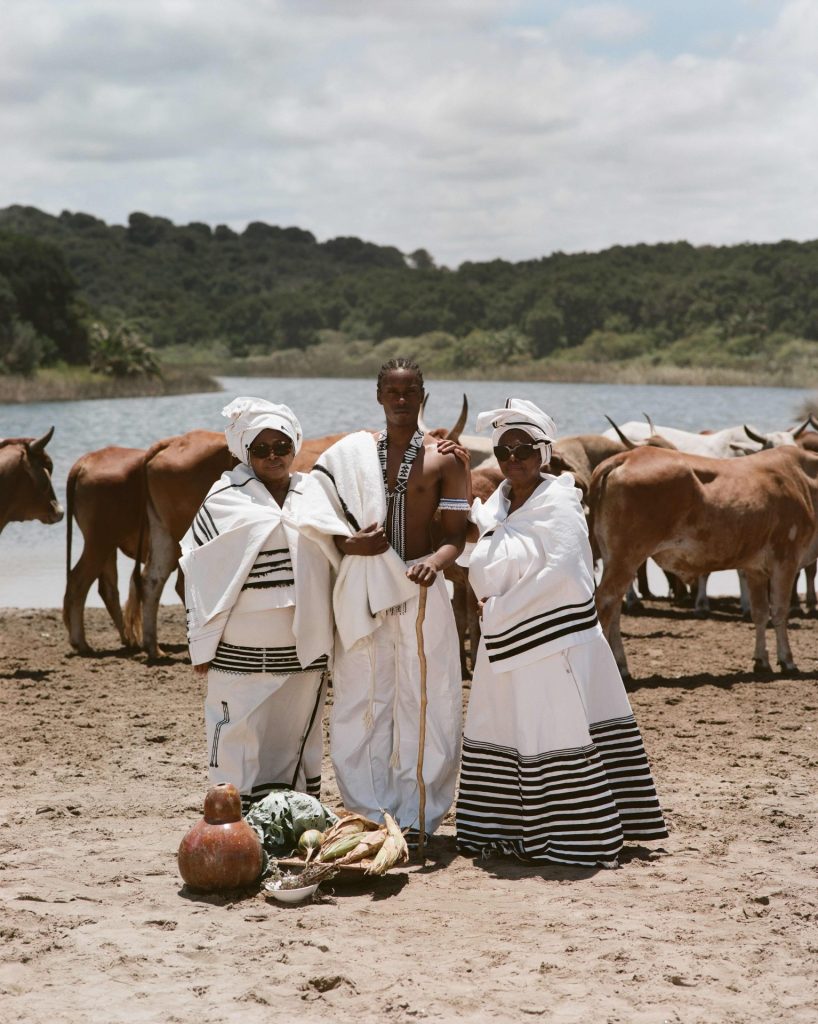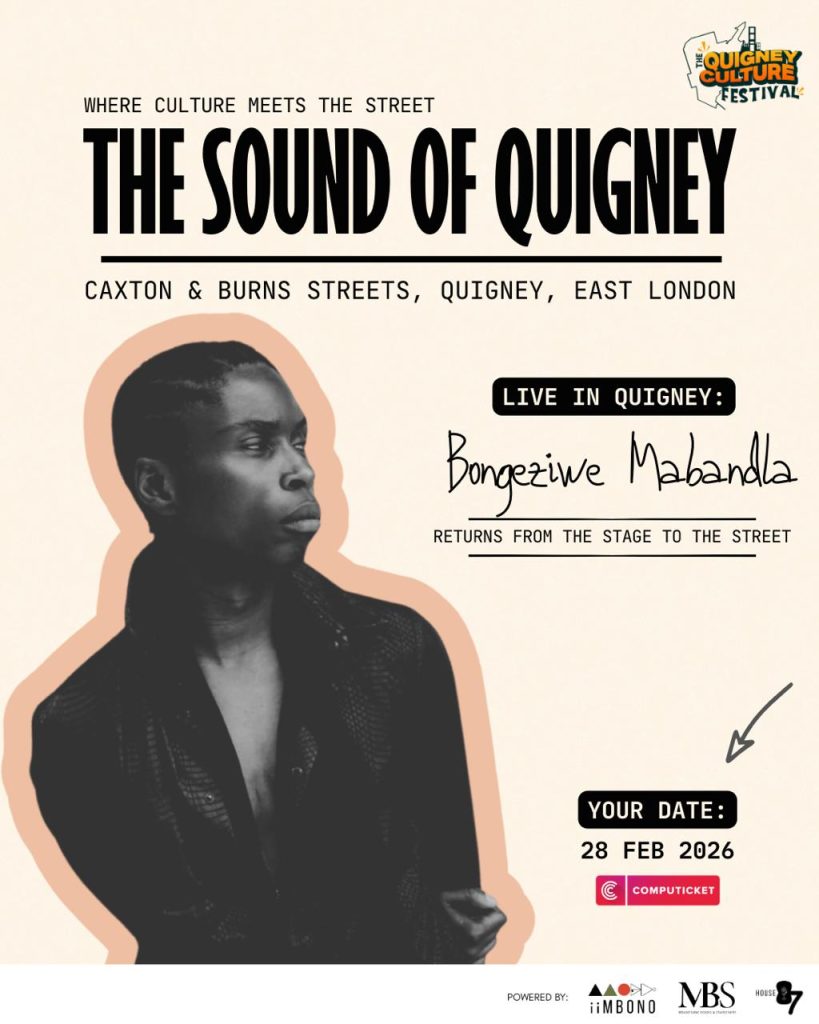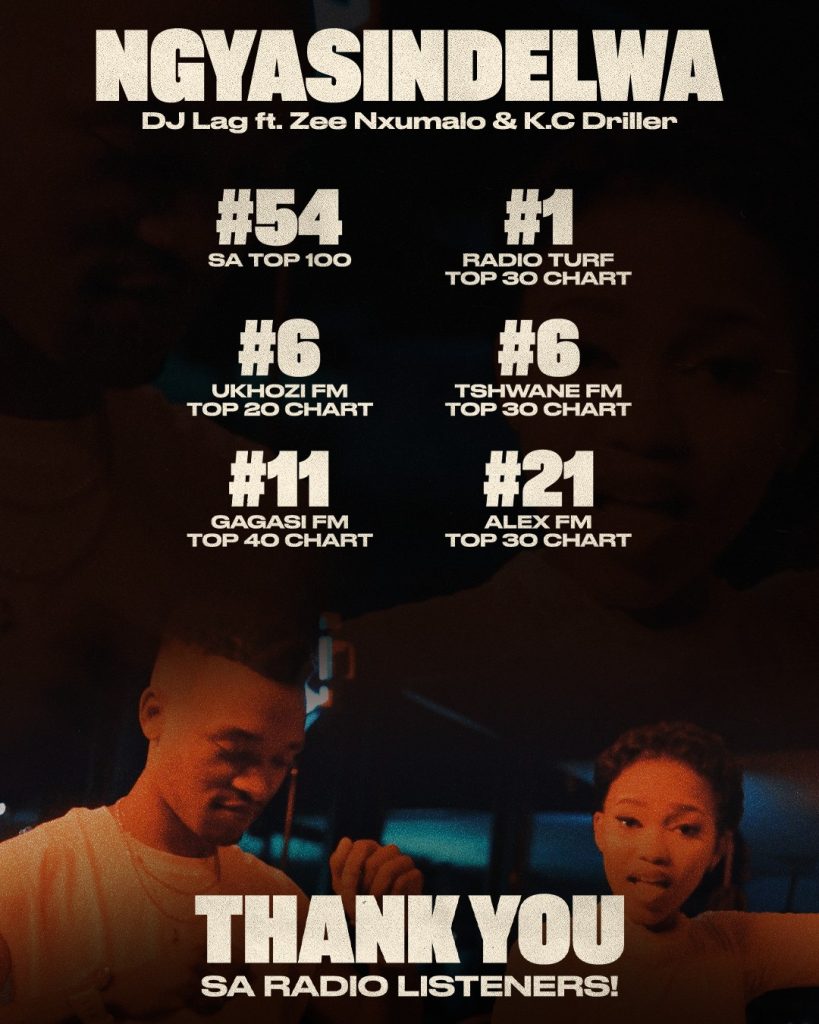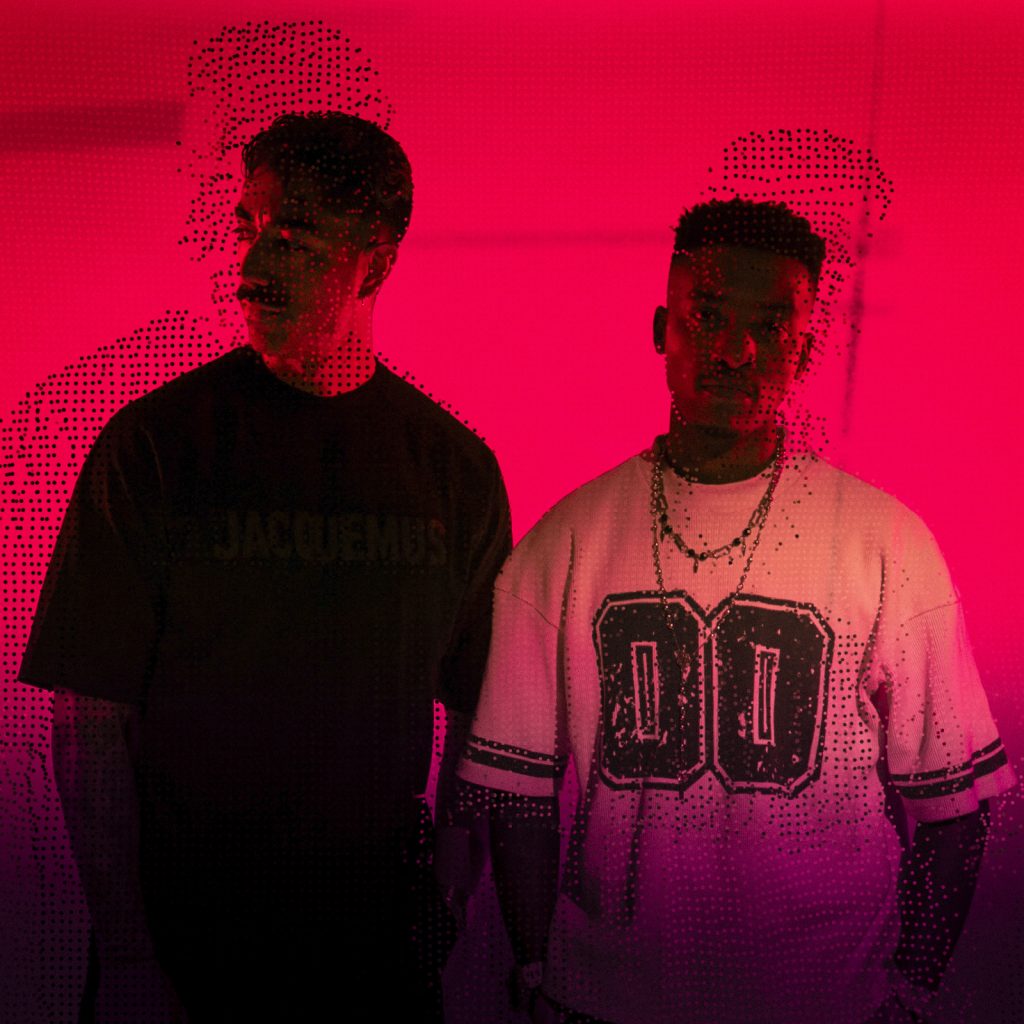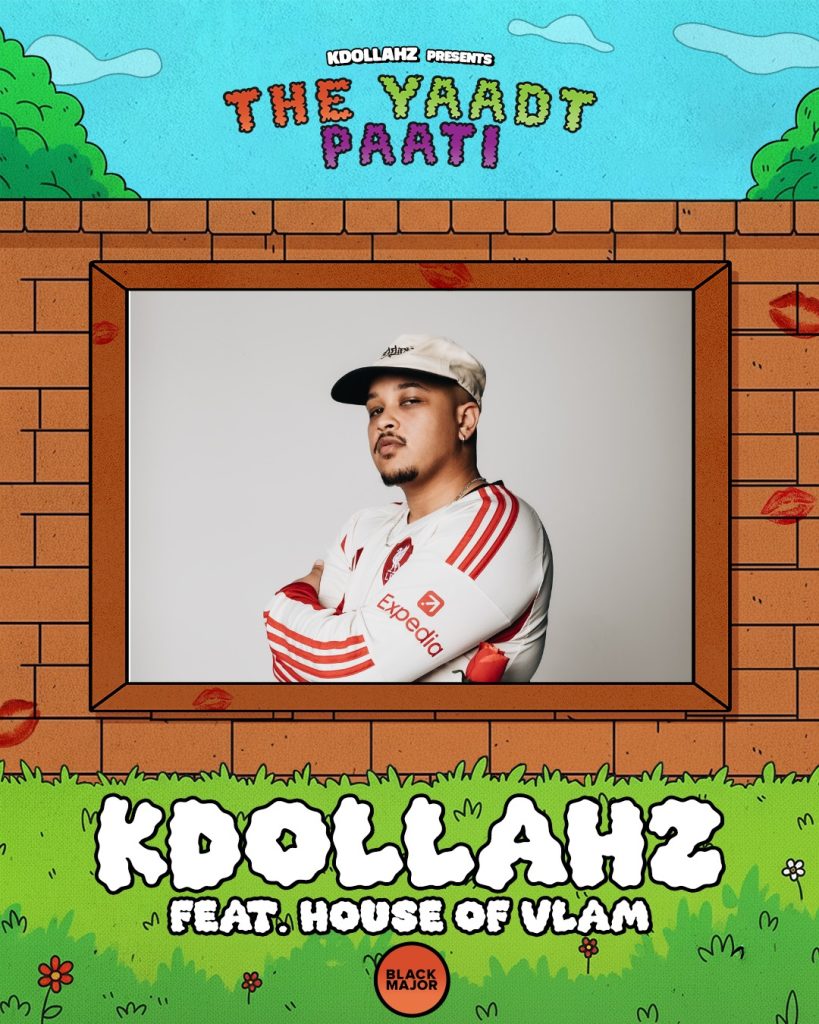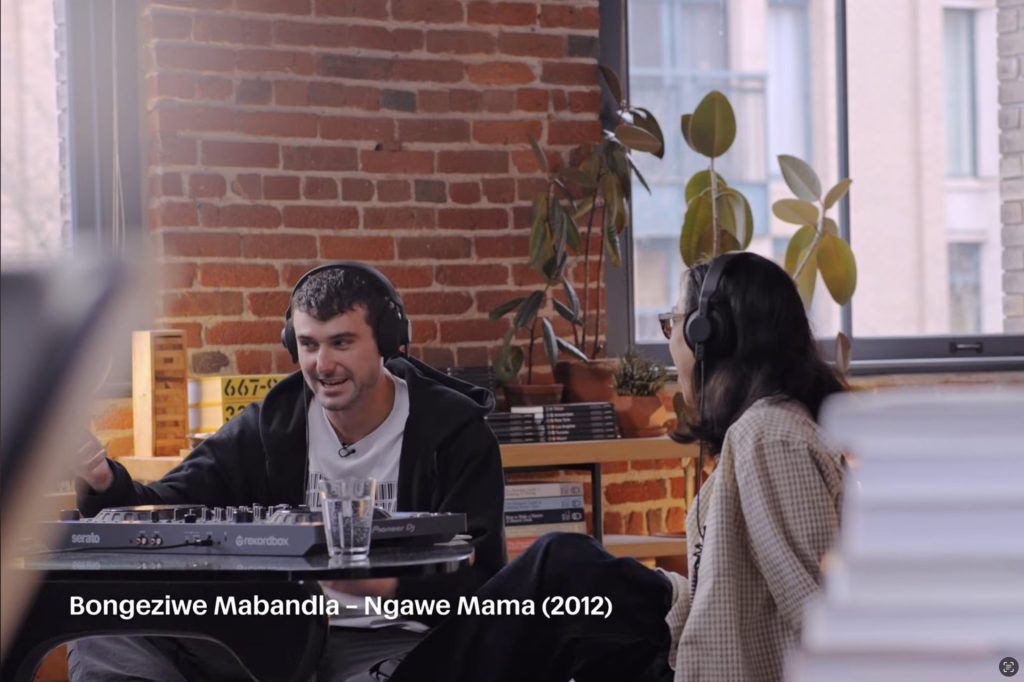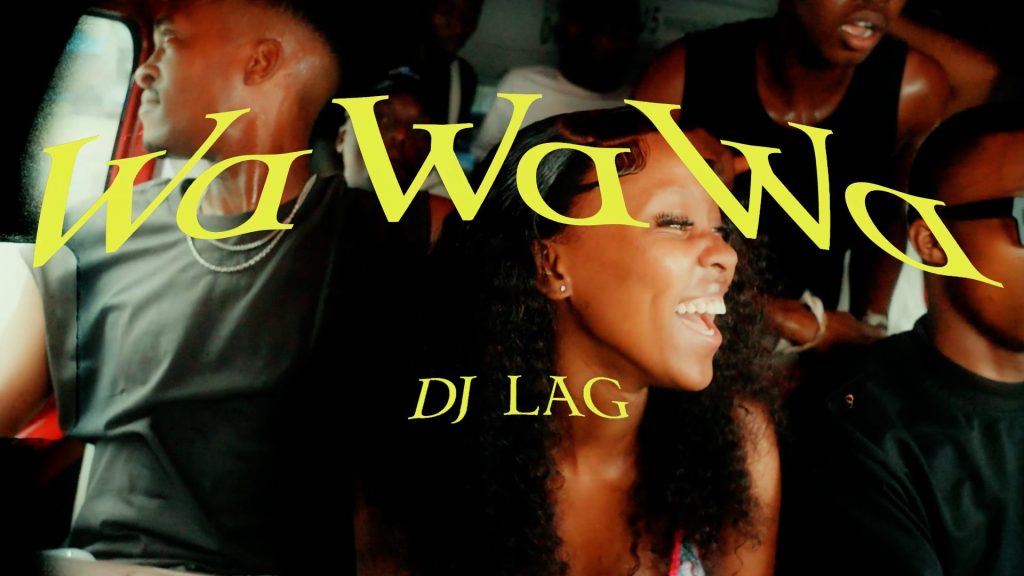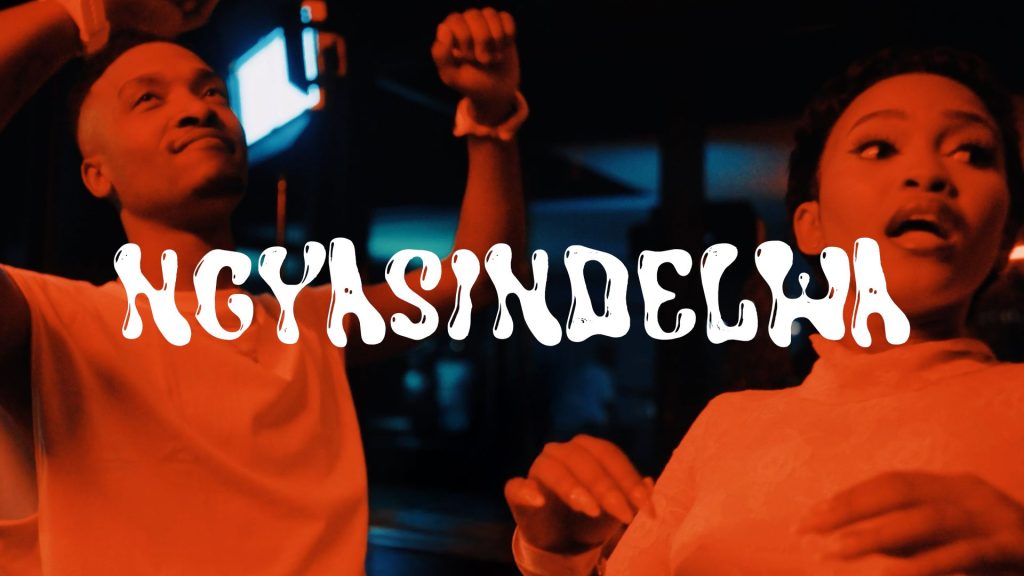Two of Africa’s most important artists are joining creative minds to deliver what is likely to be one of the most exceptional live music experiences of the year.
South Africa’s Bongeziwe Mabandla and Blick Bassy will come together for the first time on September 23rd at The People’s Theatre in Johannesburg for an hour-long performance of songs from their respective albums iimini and 1958. Together with Tiago Correia-Paulo and Arno de Casanove, their musical collaborators, the award-winning artists will create a new perspective on their latest works – and a fresh pan-African musical narrative.
The collaboration between Mabandla and Bassy brings together two artists who approach their deeply soulful and expressive music with all the care of those charged with bringing the ancient and the ancestral into the current cultural moment.
Over the past decade, South Africa’s Mabandla has steadily built a career that has seen him become known as the enigmatic spirit of African Soul with a fanbase that extends across the world. For this award-winning artist, the impulse to create has propelled him to create a trio of critically acclaimed albums, perform on an array of homegrown and international stages, become a sought-after creative collaborator and, in April 2022, join the set of a film being shot in Kinshasa by musician and filmmaker BALOJI.
Born in 1974 in Cameroon, singer and songwriter Blick Bassy first performed as part of the award-winning band Macase. He relocated to France in the first decade of the 21st century, and released his solo debut, Léman, in 2009 with Hongo Calling appearing two years later, followed by Akö in 2015. This trio of albums showcased Blassy’s unique mix of jazz, blues, and traditional African music which provide the musical bedrock for lyrics written and sung in the language Bassa. In 2020 Blick released the album 1958, a politically potent work dedicated to Ruben Um Nyobé, a politician who fought for Cameroon’s independence before being killed in the year that gives the album its title. In its four star review The Guardian described the album as “a reminder that he is one of Africa’s most important new artists”.


